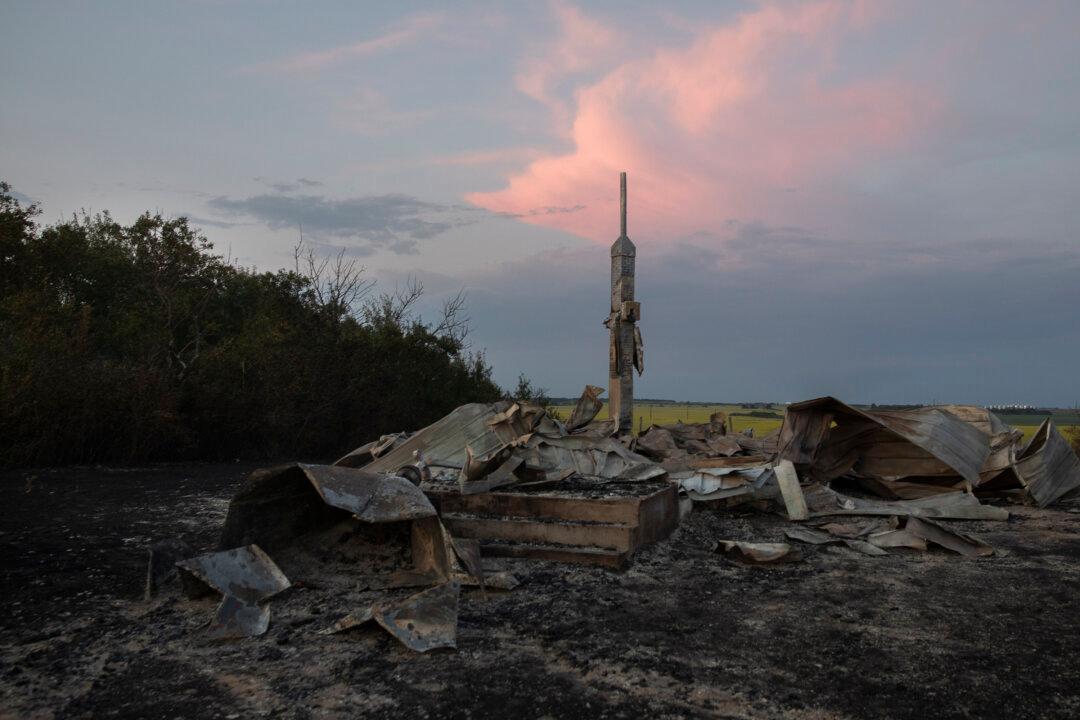A former security intelligence specialist says the recent spate of fires that demolished or partially damaged churches across the country are likely deliberate, which could constitute acts of terrorism under Canadian criminal law.
“As somebody who worked in counterterrorism in Canada for the better part of 15 years—I’ve written six books on the topic—a very strong case could be made that these are actually acts of terrorism,” Phil Gurski, president of Borealis Threat and Risk Consulting, told The Epoch Times.





